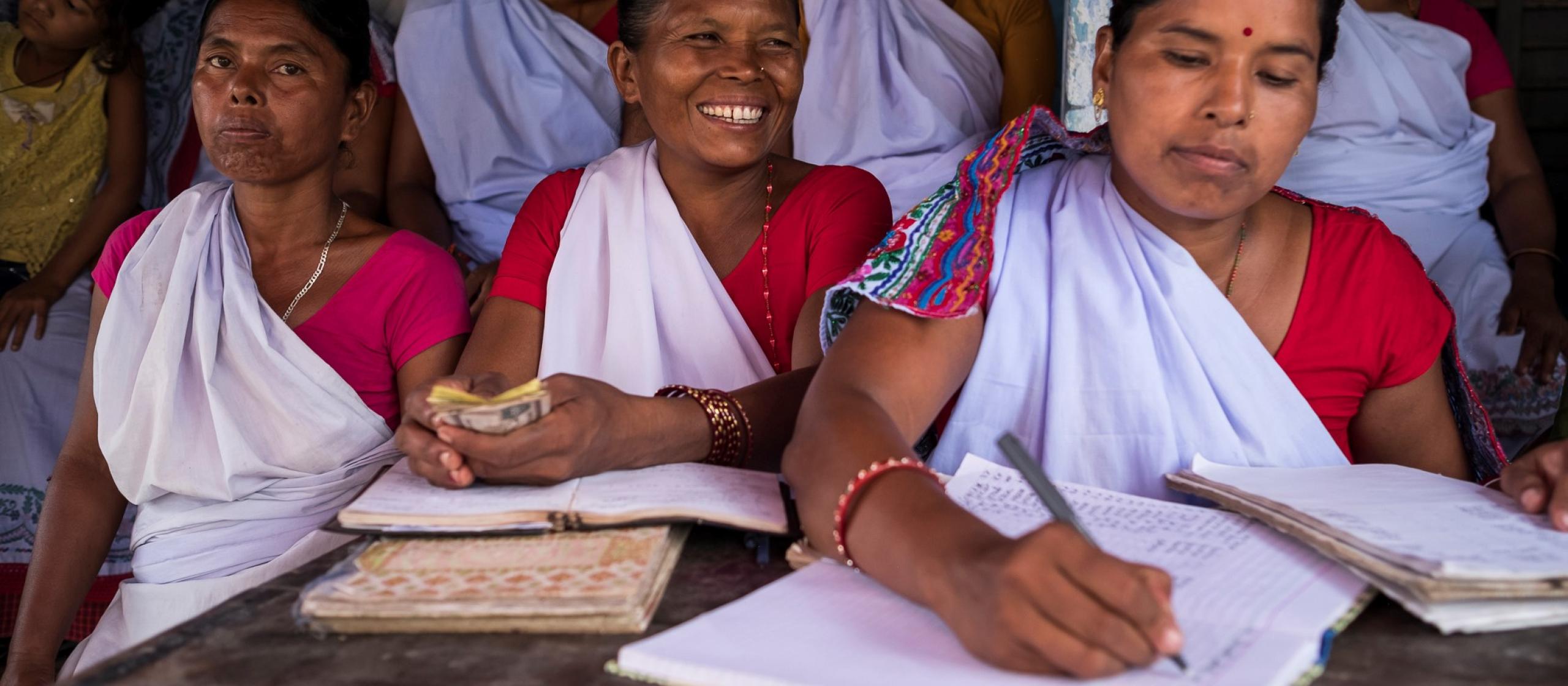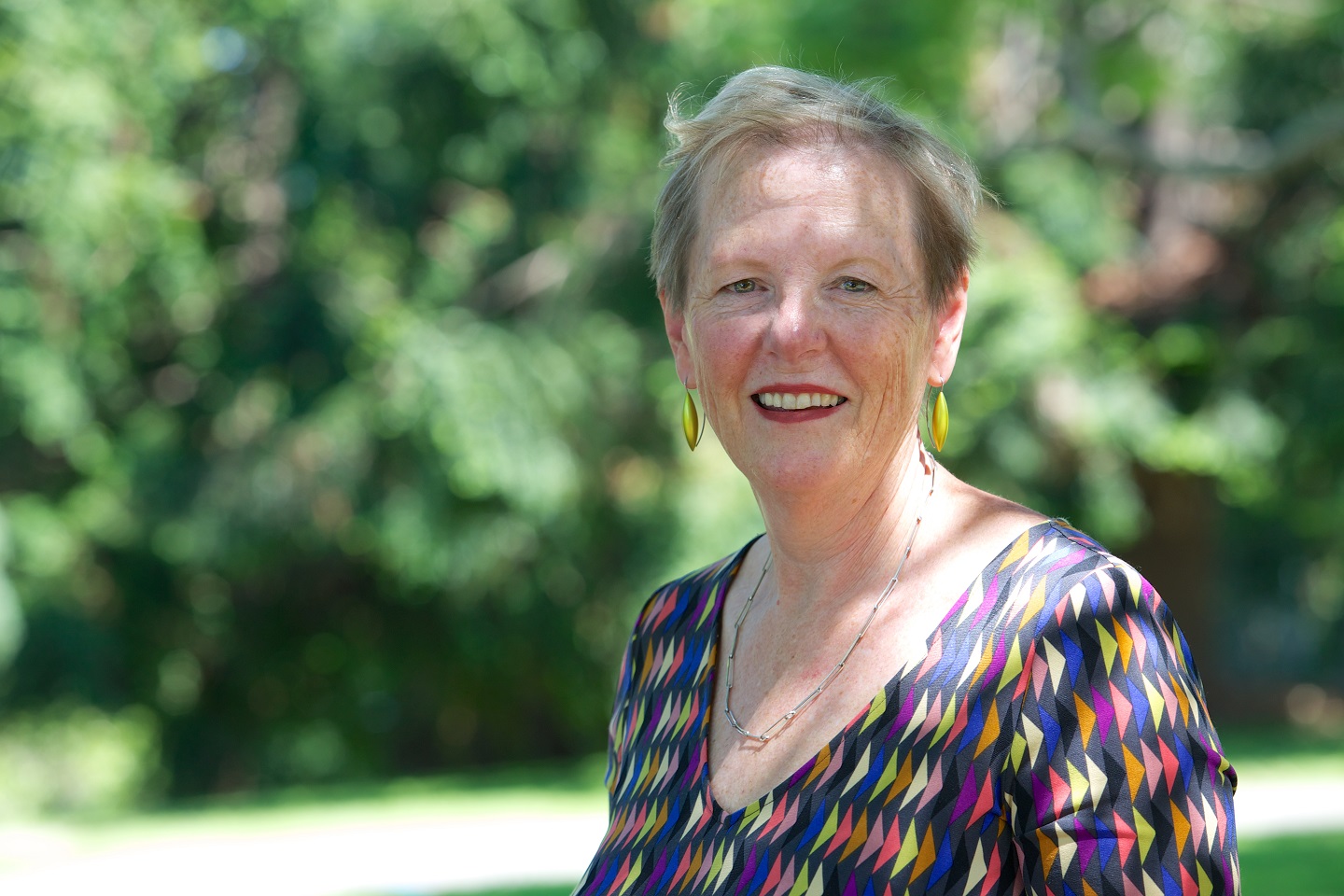- HomeHome
-
About ACIAR
- Our work
- Our people
-
Corporate information
- ACIAR Audit Committee
- Commission for International Agricultural Research
- Policy Advisory Council
- Agency reviews
- Executive remuneration disclosure
- Freedom of information (FOI)
- Gifts and benefits register
- Information publication scheme
- List of new agency files
- Contracts
- Legal services expenditure
- Privacy impact assessment register
- Commonwealth Child Safe Framework
- Benefits to Australia
- Careers
- 40 years of ACIAR
-
What we do
- Programs
- Cross-cutting areas
- Resources
- Where we work
-
Funding
- Research projects
- Fellowships
-
Scholarships
- John Allwright FellowshipScholarships to study in Australia for ACIAR partner country scientists to have Australian postgraduate qualifications
- ACIAR Pacific Agriculture Scholarships and Support and Climate Resilience Program
- Alumni Research Support Facility
- Publications
- News and Outreach
Date released
25 March 2019
Meet Professors Katherine Gibson and Naila Kabeer; two key speakers presenting at the ‘Seeds of Change' Conference.
Professors Katherine Gibson and Naila Kabeer are two of the four key speakers at the ‘Seeds of Change—gender equality through agricultural research for development’ conference in Canberra. Professor Kabeer will give a public lecture during the conference and Professor Gibson will deliver the first keynote presentation.
Professor Naila Kabeer
Professor Naila Kabeer is a British Bangladeshi social economist, research fellow and writer. She is currently Professor of Gender and Development at the London School of Economics Gender Institute. Partners spoke to her about her research interests and the topic of her address during the ‘Seeds of change’ conference.
Professor Kabeer says she is ‘interested in various aspects of inequality and how they play out within households, labour markets and the wider economy … Gender is obviously an important example of these inequalities, but I am also interested in how gender intersects with other socio-economic inequalities.’
In discussions of such inequalities, the terms ‘gender equality’ and ‘gender equity’ are contested, with gender equality often preferred over gender equity. Some dismiss the debate as a distraction, defining gender equality as being the desired outcome and equity as being the process. For Kabeer, the term ‘gender equality’ carries connotations of symmetry and equal access. ‘Gender equity’ comes closer to ideas of justice, acknowledging that people have different kinds of constraints and that these need to be factored into policy making.’ Over time, she says, she has moved to the term ‘gender justice’. Justice is what emerges when all sections of society have an equal chance to develop the principles and arrangements of justice. ‘It cannot be just if something is put into place with only a narrow section of society participating.’ She goes on to explain that, ‘At the heart of it is Nancy Fraser’s concept of “parity of participation”—you have to look at all the obstacles which prevent certain groups in society from being influential in how the society should be organised.’
Professor Kabeer is especially interested in linking her research with the ‘real’ world of policy and practice. This linkage will be evident in her address, ‘Empowering women, improving livelihoods—keys to rural development’. She has written a paper that she has wanted to write for a long time, critically examining a massive amount of literature on diverse intervention projects claiming to empower women—of all ages and stages—economically. She is seeking to develop a framework for assessing a range of what she calls ‘livelihood capability interventions’: to assess their success and find evidence of empowerment. By answering questions such as, ‘Did this study succeed? Why was it supposed to have succeeded? What is it that explains failure? Do these studies tell us what we want to know?’, Kabeer hopes to develop a theory of change embedded in an analytical framework.
Professor Katherine Gibson
Whereas Professor Kabeer’s approach to gender is through the lens of the social economist, Professor Katherine Gibson’s is as an economic geographer. Her first study was human geography, the relationships between people and their environments, and the spatial relations that shape our world. Professor Gibson combines innovative scholarly work on economic transformation, especially in community-based, post-capitalist economies.
She has over 30 years of political engagement, working in the field in Australia, the Philippines and the South Pacific. She says her ‘research has been used to work with rural communities and those in economically depressed areas to activate new visions of economic development based on the assets of people and places’. She describes this in her 2013 publication as ‘taking back the economy’: the building and empowerment of alternative communities in these regions.
Professor Gibson’s work strives to ‘enact new visions of economy’, especially as it relates to gender equality. For her, this means ‘not seeing the economy as only made up of formal paid work, capitalist business and commodity transactions. It means recognising the work that women and men do in a “diverse economy” where there are many forms of unpaid work, non-market transactions and a diverse range of enterprises that are not solely focused on profits for the few.’ Her conference keynote will focus on the ways agricultural development might build on the existing assets of community economies and how gender awareness must be built into rural development projects from the ground up.
‘I will draw on examples of research in various locations in South-East Asia and the Pacific to show how a gendered and diverse economy perspective can create opportunities for women to benefit from increased agricultural productivity. This means taking the process of tracking changes in gender equity into the hands of communities themselves—to work out what they want and expect and how they can measure shifts and developments.’
The 'Seeds of Change Conference' is taking place at the University of Canberra 2-4 April 2019, with ACIAR live-streaming keynote addresses and lectures via social media. Watch and join the conversation via the event's hashtag #SeedsofChange19.





